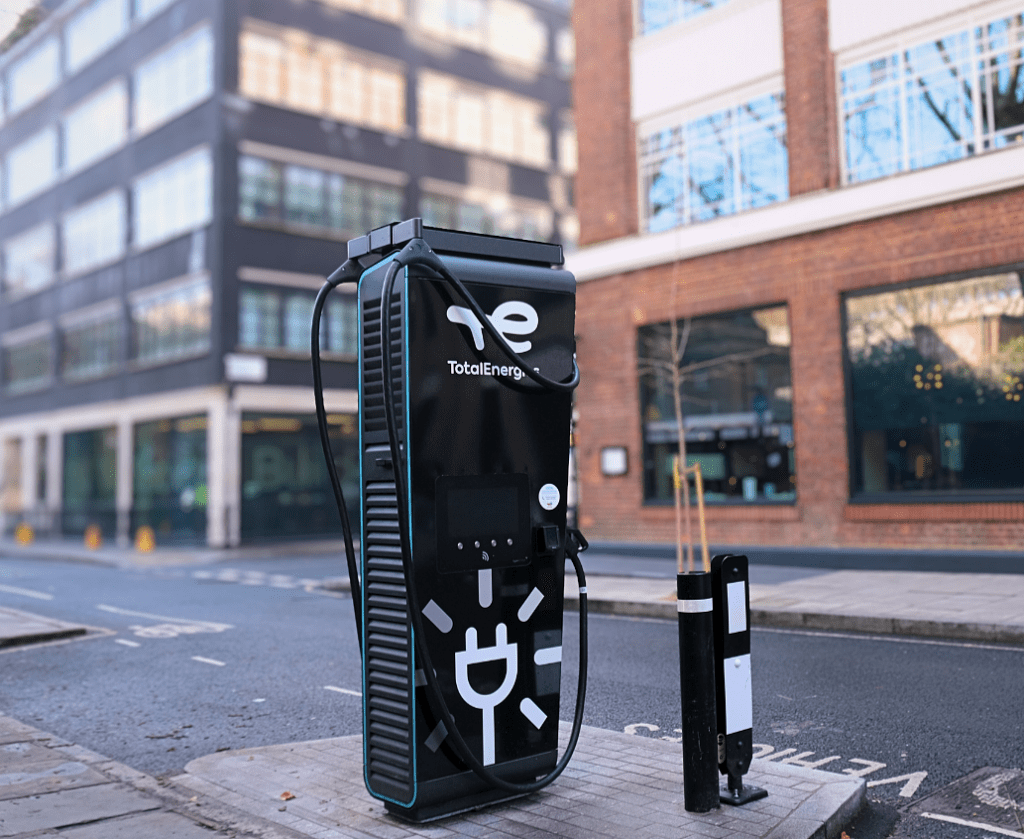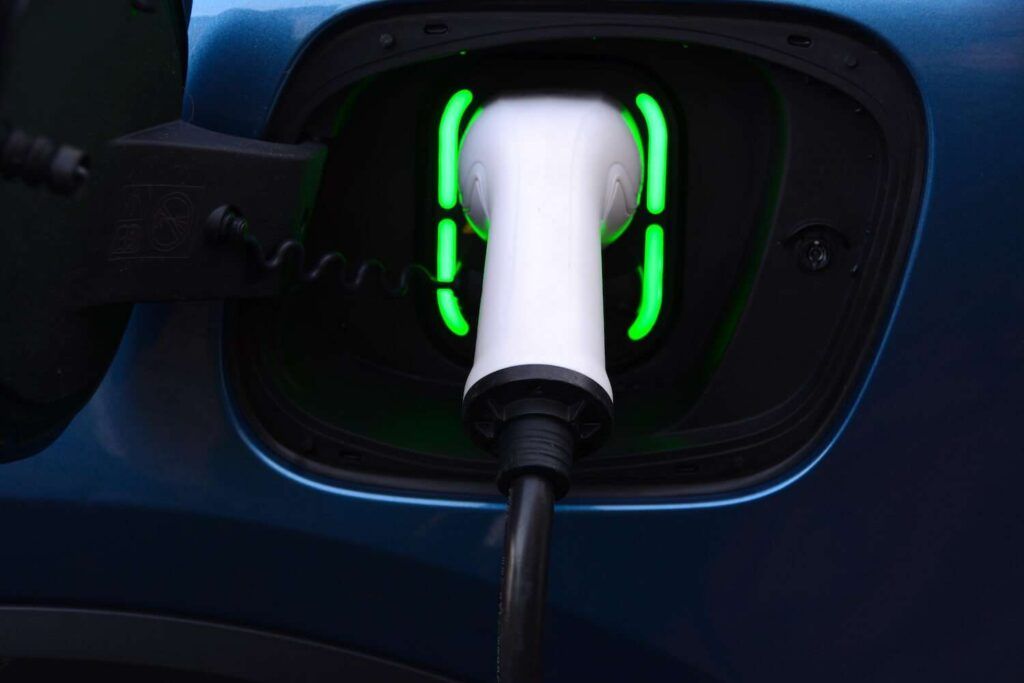Researchers for Aston University have called for urgent policy intervention and a focused effort to ensure the UK’s automotive industry remains a critical pillar of the British economy.
The report, Powering the Future: Aligning Economic Policy for Automotive Sector Resilience in the face of Critical Material Challenges, offers a comprehensive analysis of the UK’s EV industry.
Professor Jun Du and Dr Oleksandr Shepotylo found the UK is in a weak position to capitalise on the EV revolution and immediate market opportunities”, and, such is the pace of change, the opportunity won’t wait for policy makers to catch up.
Currently, the UK is “heavily exposed’ to battery imports, which exceed exports by 10.5 times. Germany continues to lead the global market in the value of EV exports, with China now leading in terms of the number of EVs exported.
The UK automotive sector has “multifaceted challenges”, they claimed, including technological shifts, socio-economic changes, and geo-political and regional considerations, such as Brexit and issues of tariffs and rules of origin.
The analysis of EV global value chains (GVCs) and the UK’s diversified export portfolio and its modest reliance on GVC position it favourably in this context. Short-term concerns within the EV battery supply chains can be attributed to trade policy issues, potentially evolving into medium-term dependencies on battery materials and production.
The report outlines a four-point plan for automotive sector resilience, including targetting global opportunities in the EV revolution, advocating for the optimisation of trade policy, call for strategic investments in EV battery production, and monitoring global value chains.
Jun Du, professor of economics at Aston Business School, said: “Cultivating a resilient and competitive UK automotive industry demands policy ideas that align with the ever-evolving dynamics of the global electric vehicle market.
“Our research highlights the weakness of the UK’s current position and outlines the strategic interventions urgently needed to fortify the UK’s interests and navigate the transformative landscape of the electric vehicle revolution.
“The implementation of these recommendations can effectively cement the UK’s leadership position in the realm of electric mobility, ensuring enduring growth, competitiveness, and innovation.”
Dr Oleksandr Shepotylo, senior lecturer in economics at Aston Business School, said: “The report also shines a light on the level of Government intervention in the EU, US and China, as all have coherent industrial strategy that capitalise on the shift to Net Zero, whilst the UK does not, favouring a reactive sticking plaster approach, such as the short term extension of Rules of Origin deadline with the EU.
“Whilst this provides respite to the UK the risk is that the gap with its competitors widens.”
Image from Shutterstock












